WE EAST MILLENNIALS
TV premiere on MDR: Part 1 – Oct 10th 22:10, Part 2 – Oct 17th 22:10, also ARD Mediathek
What was it like to grow up in East Germany in the nineties and noughties? The two-part documentary “Generation Crash – We East Millennials” tells a chapter that has so far been missing from the collective memory of the post-reunification period. This is despite the fact that the sometimes traumatic experiences of young people in the East continue to shape their lives to this day.
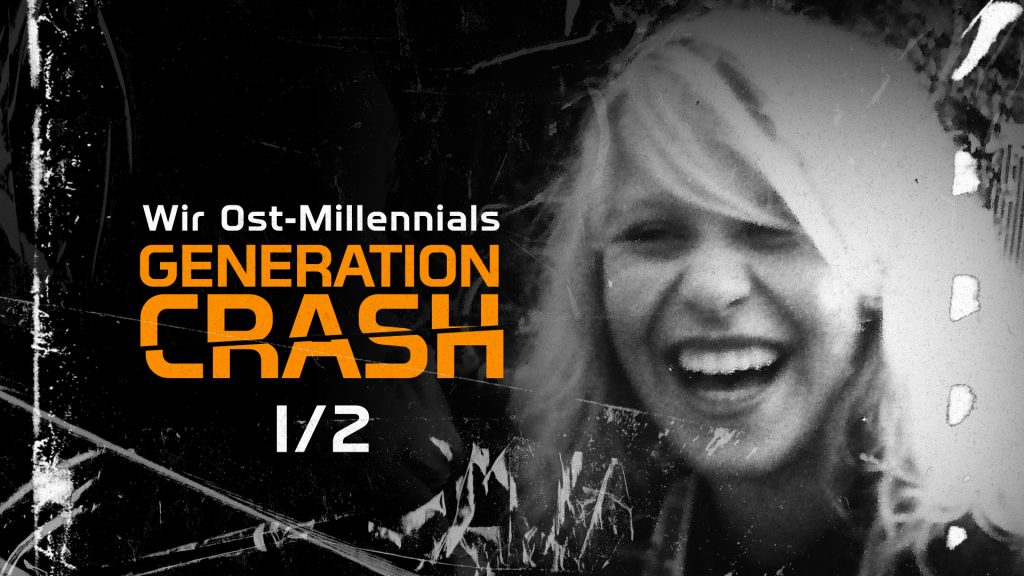
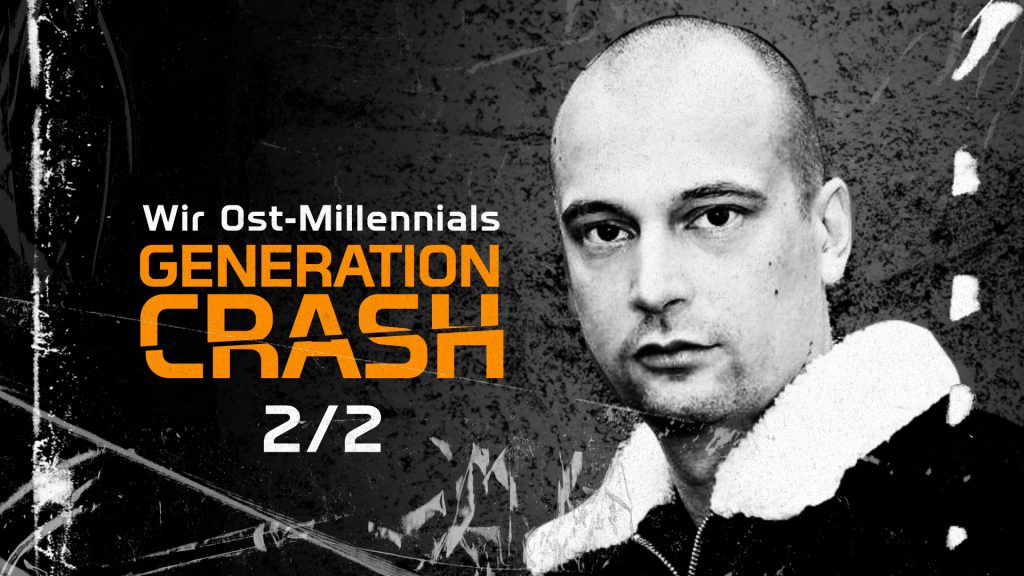
They were born in the GDR. But they were far too young to understand what this state was, what it and its dissolution meant to their parents and grandparents. For this two-part documentary, filmmaker Nils Werner spoke with East Germans who come to terms with their experiences in very different ways. They include author Hendrik Bolz (“NullerJahre”), sociologist Katharina Warda (“Dunkeldeutschland”), rapper Andy Zirnstein alias “Der Asiate,” director and actor Tucké Royale (“Neubau”) and political scientist Anna Stiede (theater collective “Panzerkreuzer Rotkäppchen”).
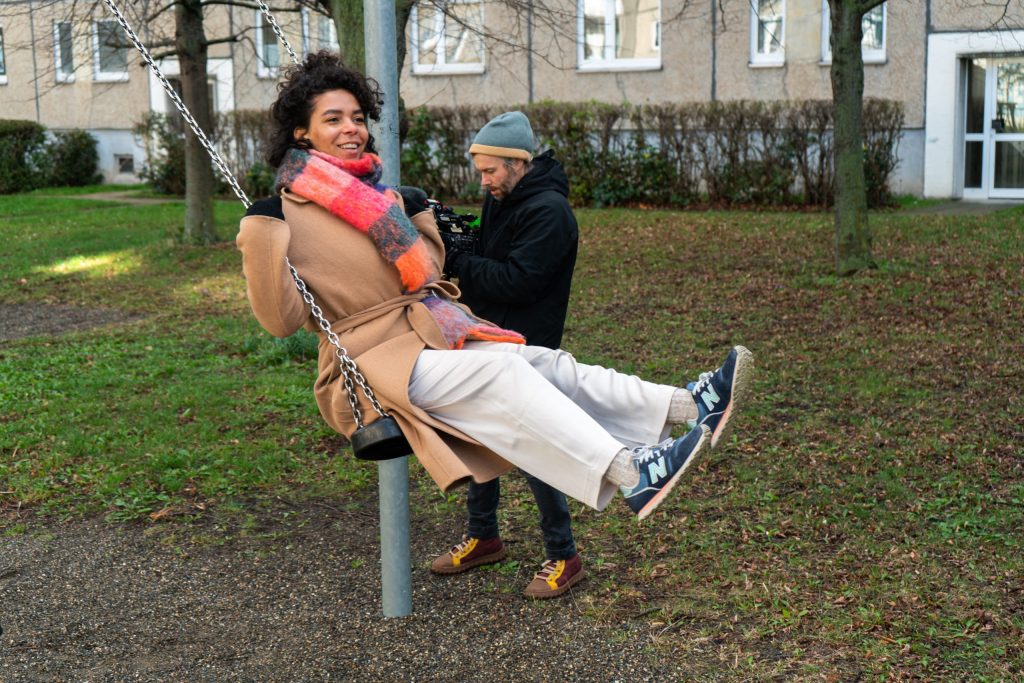

No one ever talked to us about this country and why everything around us was so gray and dreary.” Born in Apolda in 1987, Anna Stiede is not the only one who, of necessity, sets out to find answers herself in her mid-20s. The fact that there was a big “crash” after 1990 and how the Treuhand was connected to the deindustrialization of the East, which was visible everywhere, is only now becoming clear to the East Millennials in retrospect.
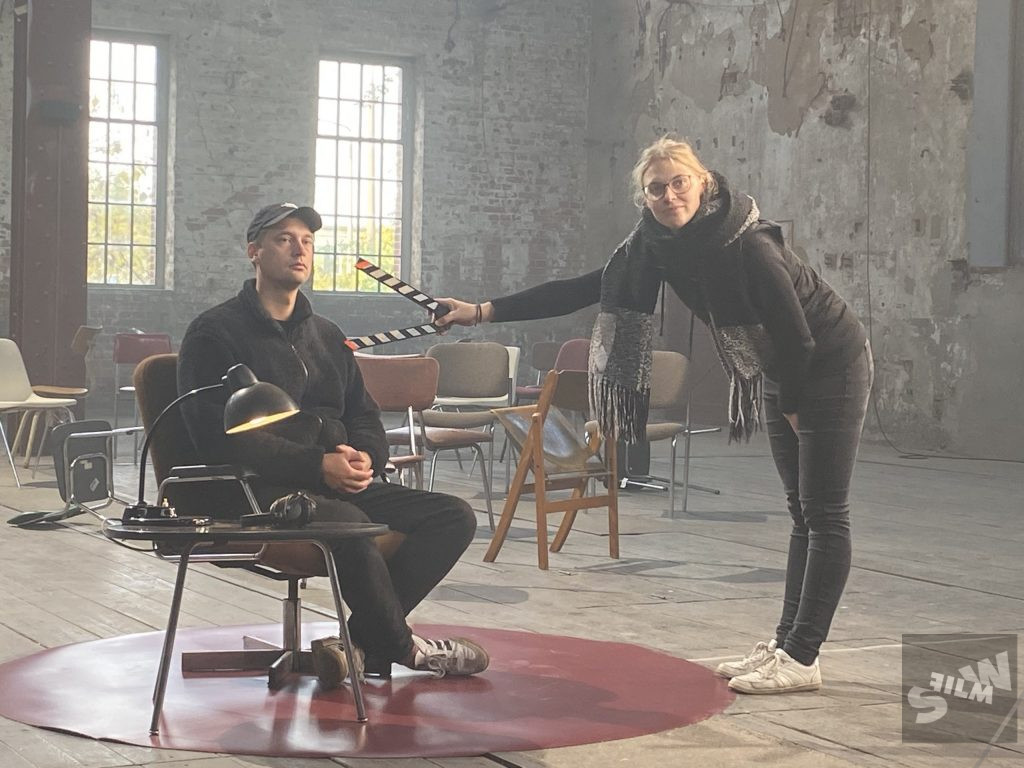
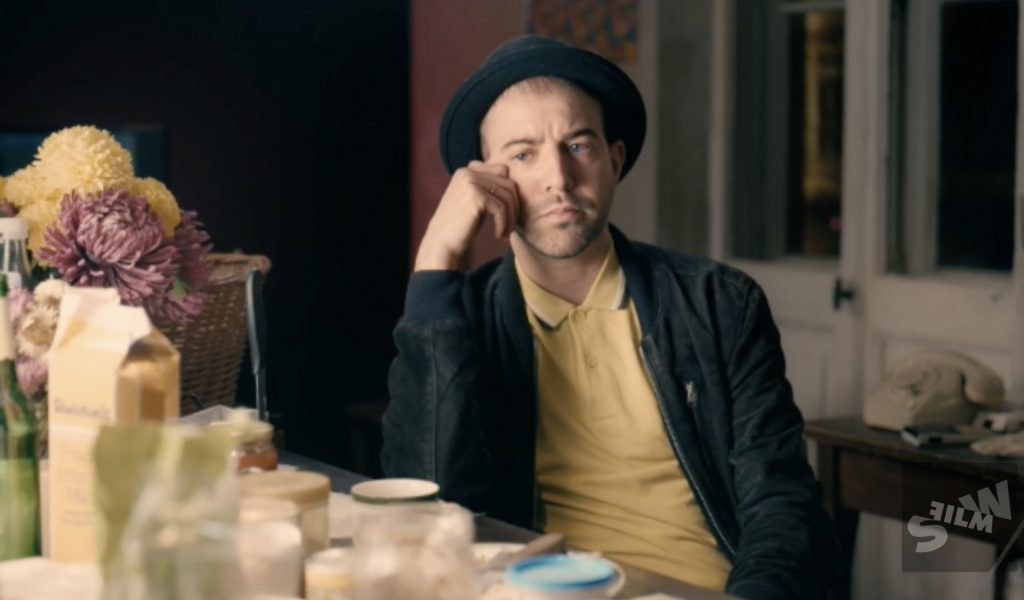
Their attempts as teenagers to build a subcultural counterworld in their homeland regularly collided with brute reality. Especially with the reality of those who use right-wing slogans and violence to lash out at everything that is considered “foreign” and “different.” That settles in as a shock experience. “My basic feeling was actually fear and powerlessness,” says Hendrik Bolz, who grew up in Stralsund.


The film tells how they nevertheless managed to go their own way and what significance the East still has for their own identity. Songs by Feeling B and Schleimkeim or Trettmann’s “Grauer Beton” and excerpts from TV reports from the nineties complement the narratives to form a comprehensive and surprising psychogram of the “Generation Crash”.

